Can we reduce the level of pain perception in the brain? Distraction therapy has been used by health professionals for years to help children and young people cope with painful procedures. The aim is to take the focus of the patient away from the pain and concentrate on something else instead. Books, games, music, and toys are some of the many types of distraction therapy.
By combining virtual reality and artificial intelligence, MORPHEUS aims to help child patients cope with pain during medical procedures. The project is led by Prof. Alexiei Dingli from the Department of Artificial Intelligence (University of Malta), Luca Bondin, also from the Department of Artificial Intelligence, and Fabrizio Cali as Lead Designer from the Faculty of Media and Knowledge Science. Prof. Vince Briffa from the Faculty of Media and Knowledge Science supervised and Dr. Victor Calvagna from the Faculty of Medicine and Surgery advised on the project.
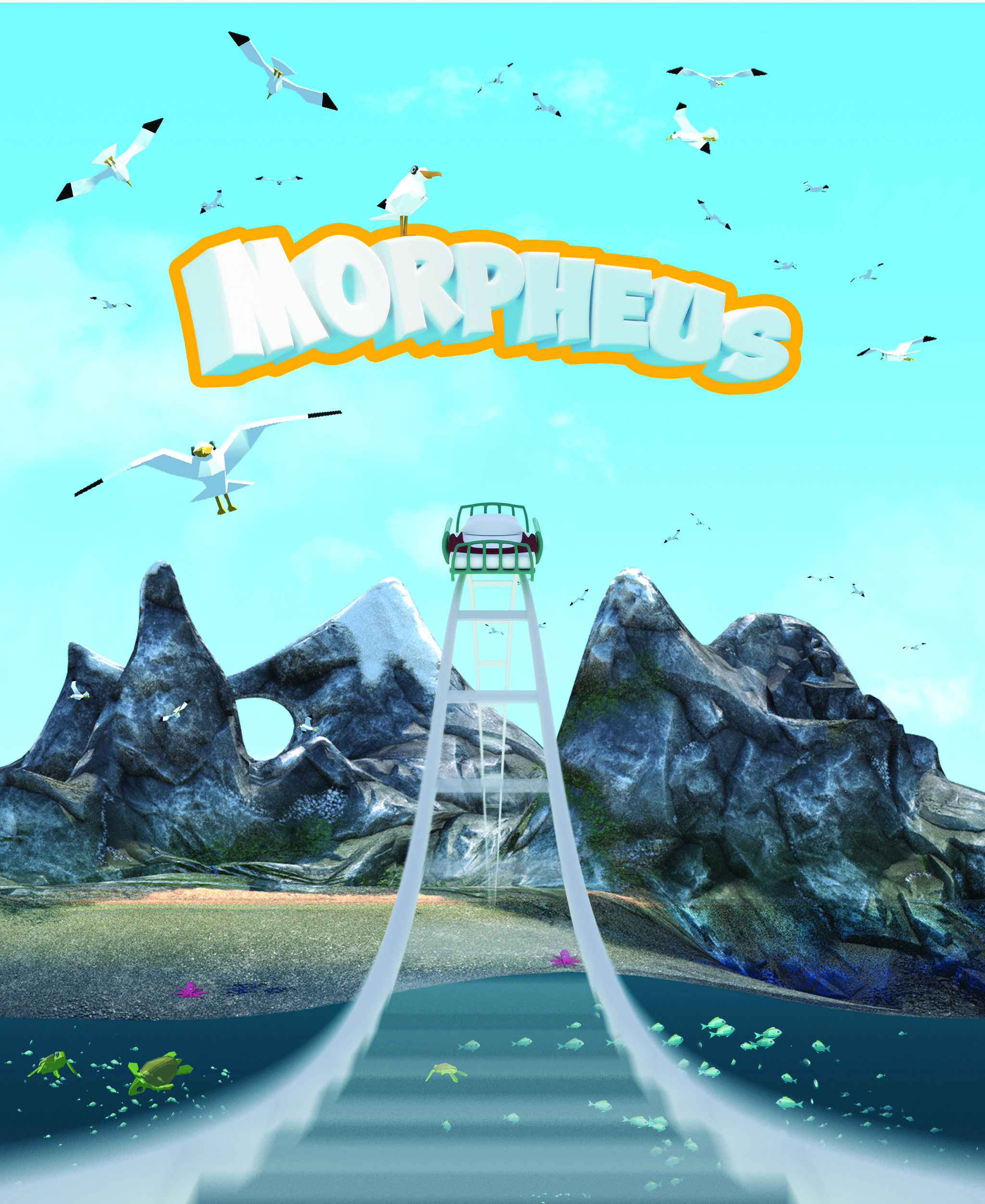
Images courtesy of Fabrizio Cali
The researchers designed the roller coaster virtual reality game to mirror an island populated by animals. This colourful menagerie helps keep the players engaged and focused; sometimes they’ll go about their normal business, and other times they’ll do something unexpected like wave at you. Since hospitals are not usually equipped with high-end gaming devices, the game is built in a manner where it is accessible on a wide range of mobile devices.
To help reduce technological demands, the game incorporates the hollow face illusion. This optical illusion gives the impression that the animals are looking at you, without actually programming them to.
Images courtesy of Fabrizio Cali
In the early stages of development, the team asked a sample group of children to rank their preferred game type. Between an infinite runner game, open world game, or roller coaster, most of the children preferred the roller coaster. The game monitors the physiological data of the player in real time using a smart watch. By measuring the heart rate and its variability, the AI figures out how the patient is feeling and adjusts itself accordingly. Once you start playing the game, it reads your signals; if it notices you are not engaged enough, challenges start coming up, such as a mini shooting game. When the game senses anxiety, it adjusts itself by removing intense challenges.
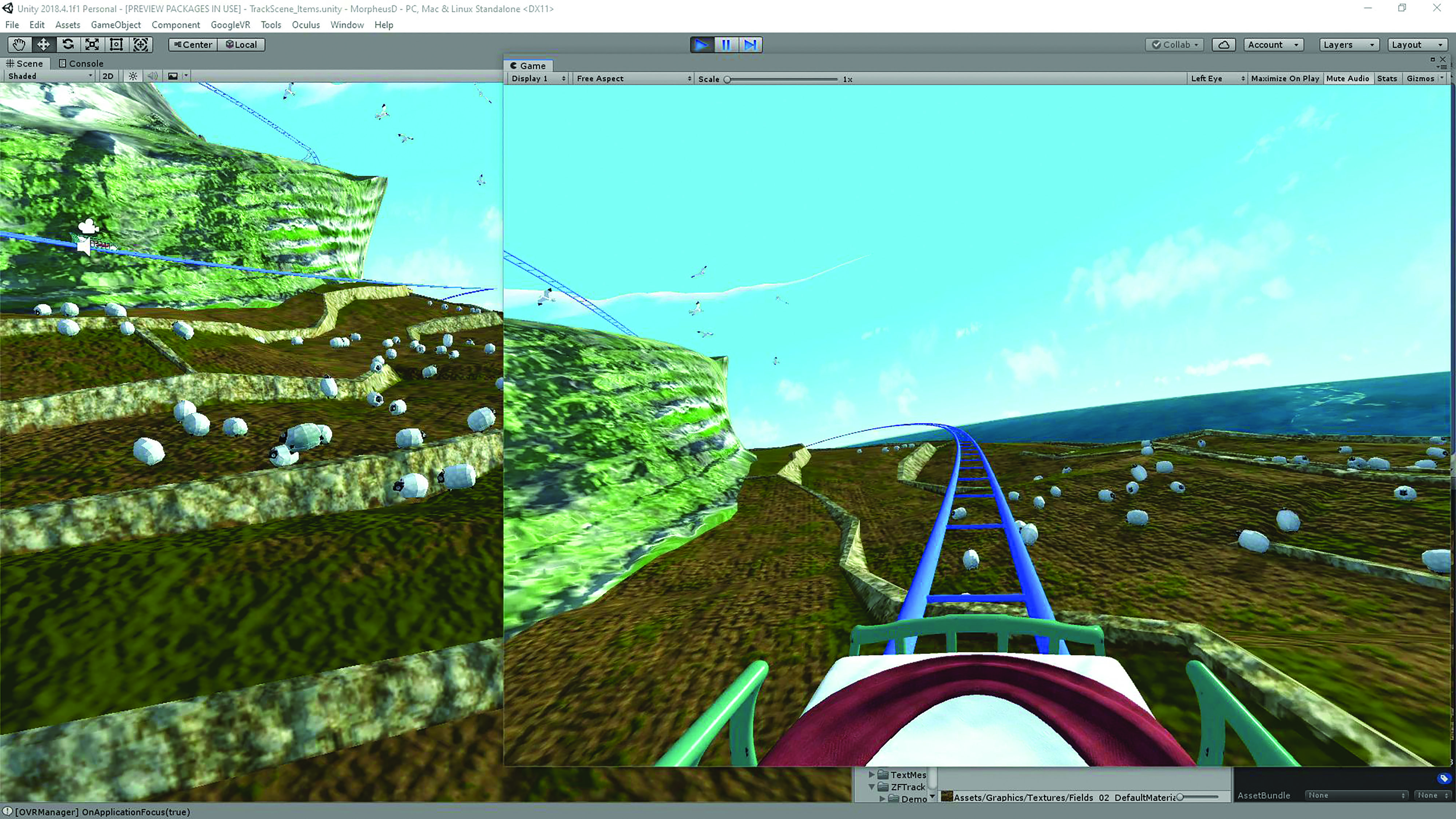
VR game MORPHEUS
Images courtesy of Fabrizio Cali
MORPHEUS will be rolled out first to children who are cancer patients at the Sir Anthony Mamo Oncology Centre in Malta. Afterwards it will be introduced to Mater Dei Hospital, and eventually the application will be available for anyone to download. The Research Innovation and Development Trust (RIDT) at the University of Malta, a joint initiative between University of Malta and the Government of Malta, funded the research through investors. The project is set to be completed within three years and in three phases — evolution of the application, recapitulation of prototyping and validation of the process, and finally analysis of the application. AI will soon be helping children.
MORPHEUS, a project of The University of Malta, is funded by Epic For Good Foundation.
The MORPHEUS Team would like to thank Dr Benna Chase and Ms Pamela Baldacchino from the Oncology Department for their help and advice.

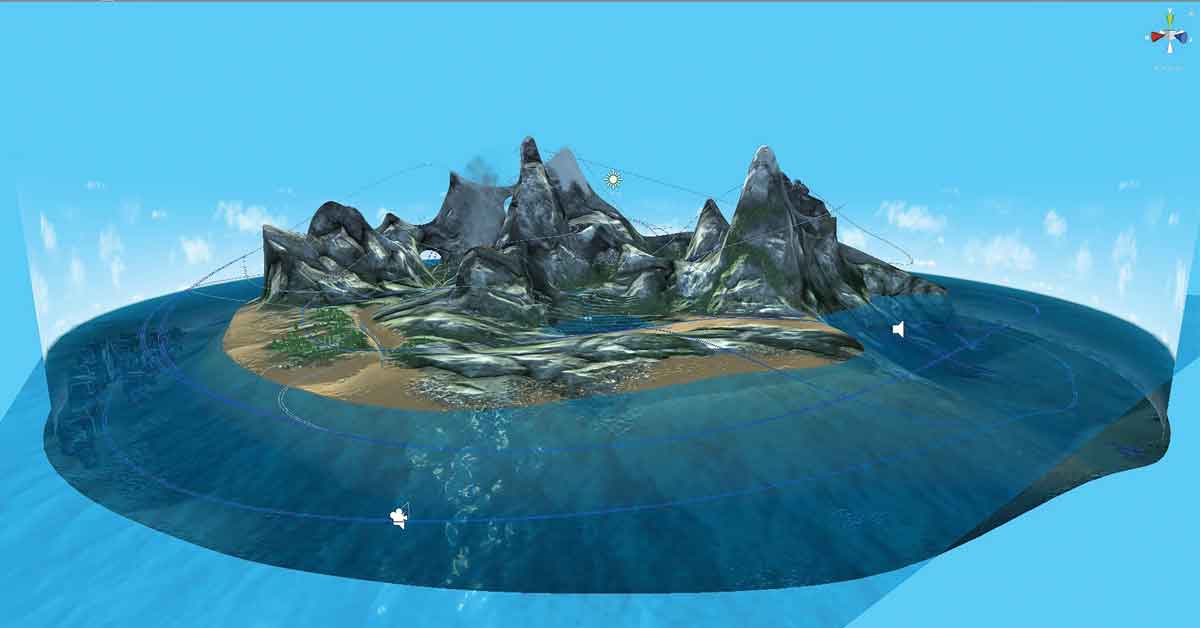
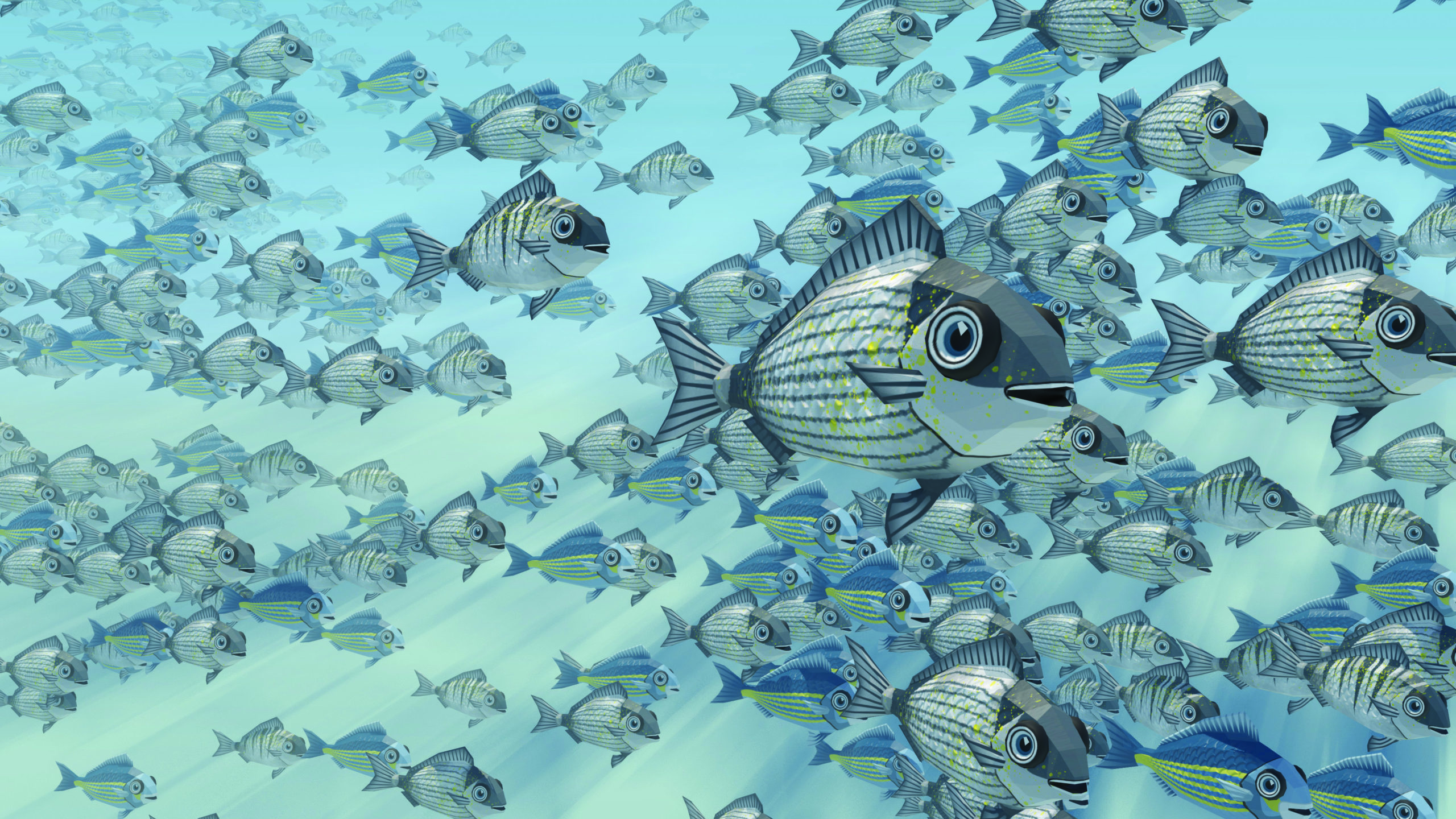
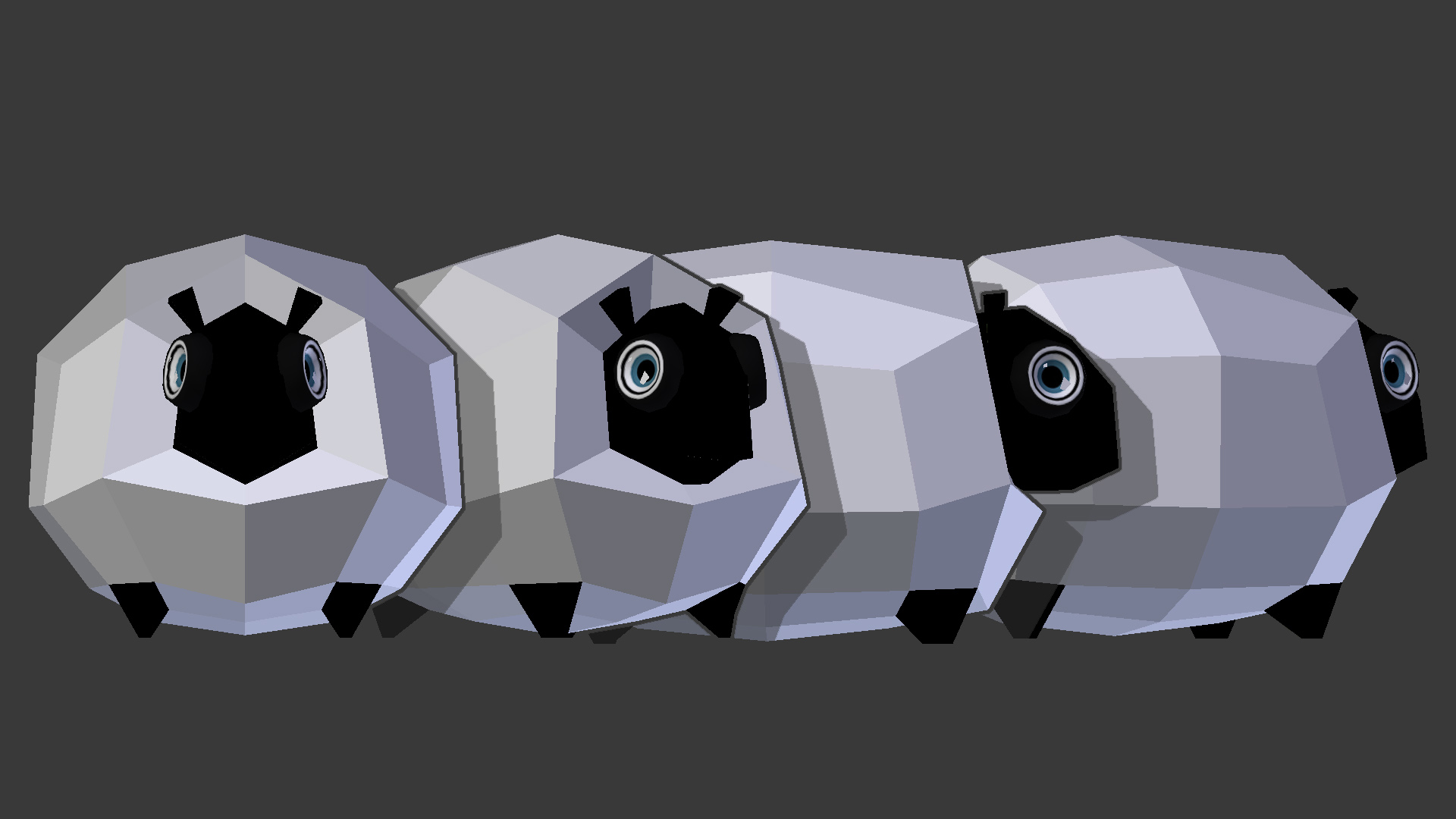



Comments are closed for this article!